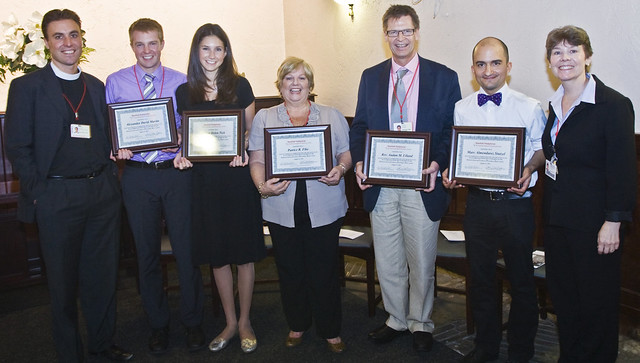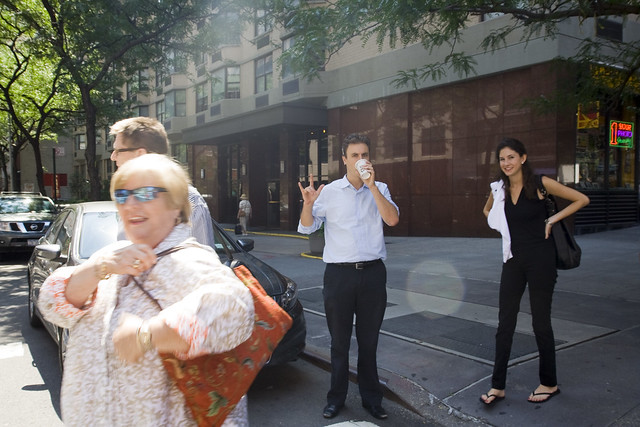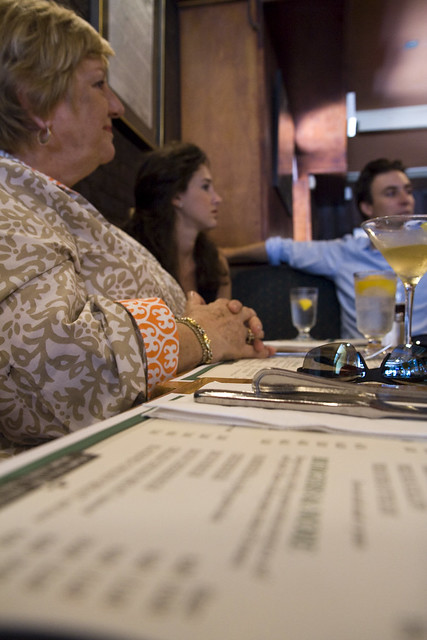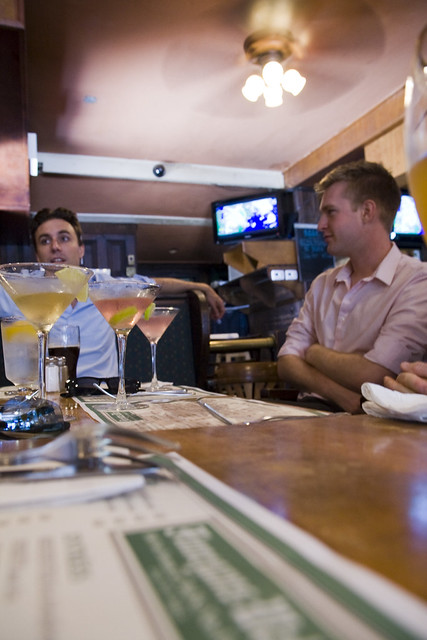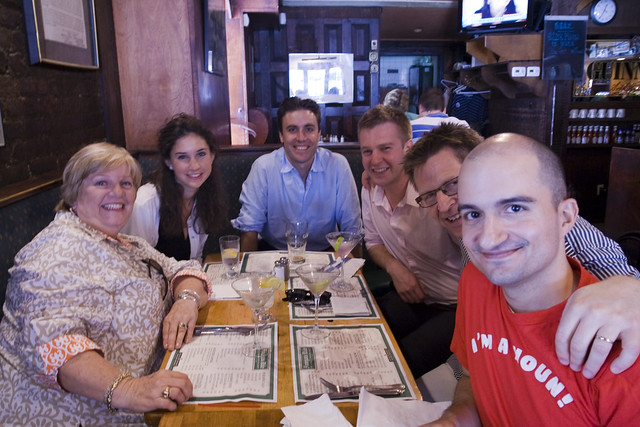And so, with today being the day after Labor Day, I have begun my second year of seminary. The bell, it tolls for me.
I don’t recall if I ever wrote that I am no longer attending the Lutheran Theological Seminary at Philadelphia. I transfered to the General Theological Seminary of the Episcopal Church (or General for short). There are a few reasons why I transfered and I’ll admit that the fact that it had a longer name than LTSP was one of its draws. But, in all seriousness, I was sick of the commute to Philly and I didn’t want to do it for another two years. My church, my cat, my dog, and (most importantly) my wife were in New York and I wanted to be there too. So to General I shall go.
Last week, I spent my time at orientation. I sat through the usual junk (financial aid, introductions, registrar, yadda yadda). It was less painful than LTSP’s orientation and I enjoyed that it actually seemed like the administration cared about each individual there. That doesn’t mean to say that they’re perfect or that I won’t come to dislike the administration apparatus tomorrow but I like what I saw and felt. And I love the fact that one of our orientation classes consisted of getting familiar with how worship was done at General. That didn’t happen at LTSP.
So I’ve been spending my time getting use to the lingo at General. It’s nice that most of the M.Div students have a title that goes with them (Lutherans don’t) and I’m finding it nice that the school tries to be Lutheran friendly. My advisor is a new professor who is rostered with the ELCA and I keep seeing references in some class syllabi to the ELW. But there are only three full time Lutherans on campus at the moment (which is two more than last year) so it isn’t hard to feel a tad lonely being there.
I’m also considered a commuter student since I’m not living on campus. That means that I don’t have to pay some fees but it also means that, since I’m not on the meal plan, that I’m not allowed to eat lunch in the Refectory with everyone else. And with worship being at 8 in the morning, that’s a pretty good reason why I won’t be at worship either. I find both of these things a tad annoying but, hey, LTSP and General keep their campus-mates much closer to the chest than commuter students and I knew that going in. The President at General kept telling us to be at the refectory and go to chapel to help “be in community” but they sure don’t make it that easy for commuter students who need their beauty sleep.
All in all, I’m finding General to be a nice place. I’m one of the younger folks in the group and I seem to be part of the married majority. The campus has a day care center and babies are all over the place. And if I had a dime for every dog I see on the one block campus, I’d be able to pay off my seminary loans. Babies, dogs, and spouses/partners: you can’t throw a hymnal without hitting all of them.
As much as I’m enjoying the place, I’m also not liking it at the same time. I find the course offerings at General to be a tad unexciting and I have a feeling that I will not be challenged like I was last year. None of the courses really excite me at all. I’m taking New Testament, Greek, and Introduction to Music, Preaching, and two practical pastoral care courses. I have no particular passion towards any of these courses (though, don’t get me wrong, the New Testament is awesome but I’m just not too thrilled with what little of the syllabus for that course I saw). When I realized what my course options were, I know that my first reaction was to feel deflated and I’ve basically been at that point for the entire week. I’m taking courses I need to fill graduation requirements but nothing that really excites me. And the one class I had today didn’t help things since we sat there and watched a movie for 75% of the class period. I could do that at home people.
I have a concern that my seminary year is gonna be very blah. I’m gonna need to not let that interfere with my field education work though. I’m getting a lot more responsibility and I’m excited about that. A great field education experience will more than make up for a blah academic year (I hope).
